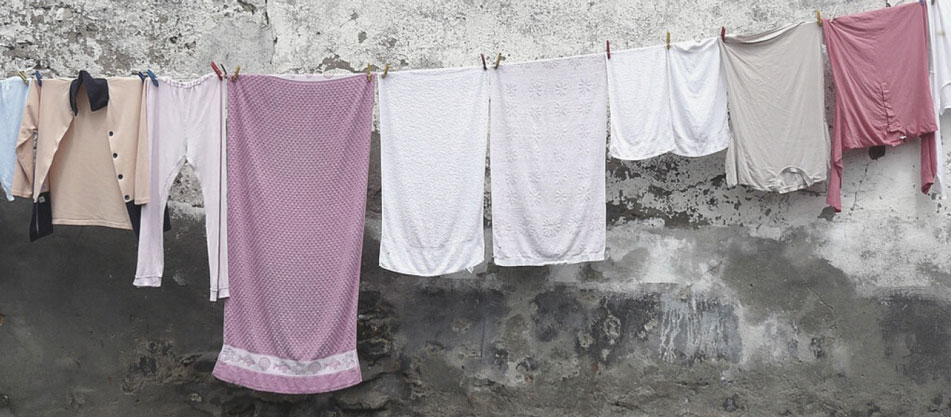The pandemic situation has bluntly exposed the “care crisis” at the national and international level. However, for several decades, the combination of demographic, political and social dynamics has been transforming care provision and expanding the market for domestic and care services, maintaining and in some cases intensifying inequalities – including sexual division of labour, outsourcing, racialization, and the informal character of these segments of the labour market – and cleavages that run through international circuits and mobilities between the global South and North.
The growing recognition of the centrality of care (ILO, 2018) and the growing public debate on the functioning of infrastructures and modes of organizing care (Hirata, 2021) has been concomitant with greater attention to the forms of unpaid work, on which the reproduction of society and capital depends, and the rediscovery of the Theory of Social Reproduction in the field of social sciences (Bhattacharya, 2017).
This conference aims to rescue the debate that has been taking place on these questions, to which different areas of knowledge have contributed, from economics to history, from law to sociology, from social psychology to anthropology or cultural studies, seeking to contribute to the deepening of the field of “care studies” in Portugal, by merging knowledge, experiences and national and international projects.
The goal is gather theoretical and empirical contributions resulting from scientific research and also from organisation processes and intervention projects, which will allow for a better understanding of the phenomenon of reproductive work, organisation of (paid and unpaid) care and domestic work in its historical and contemporary configurations, as well as to identify emerging trends and ongoing debates on socio-legal regulation and public policies in this field.
Please submit your abstracts of presentations or papers by the 17 January 2022.
Among the suggested themes are:
- Inequalities and reproductive work;
- Subjective experiences, trajectories, narratives and perceptions around domestic and care work;
- Demographic changes, ageing and care;
- Migration, gender and racialisation of paid domestic and care work;
- Labour relations, professionalization dynamics and precariousness in paid domestic and care work;
- Welfare state, forms of welfare production and modes of social organisation of of care, from a national, international or comparative perspectives;
- Informal care: theoretical, phenomenological, ethnographic and political dimensions;
- Public policies, architectures of care, care and urbanism;
- Intervention projects in the area of dependency and disability;
- Social Reproduction Theory and feminist debate on care;
- Political and trade union organization and collective action in the areas of care and domestic service;
- Labour and socio-legal regulations and social protection systems of paid domesticand care work.
References
Bhattacharya, Tithi (ed.) (2017), Social Reproduction Theory: Remapping Class, Recentering Oppression. Pluto Press.
Hirata, Helena (2021), Le care, théories et pratiques, La Dispute.
ILO (2018), Care Work and Care Jobs for the Future of Decent Work. International Labour Office.
Timeline
Deadline for abstract submission: January 17, 2022
Abstract acceptance results: January 31, 2022
Conference: March 4 and 5, 2022
SUBMISSION GUIDELINES
Name and institutional affiliation
Biographical note (individual or collective): up to 100 words
Abstract limit: 200 to 400 words
Abstracts can be written in Portuguese, Spanish, French or English and must be sent to:
isupcuidados[at]gmail.com
Conference
4 and 5 March 2022
Faculty of Humanities – University of Porto
Organisations:
Sociology Institute – University of Porto
transform! europe
Scientific committee:
Carlos Manuel Gonçalves, Conceição Nogueira, Helena Hirata, Inês Barbosa, Inês Brasão, João Teixeira Lopes, José Soeiro, Manuel Abrantes, Nuno Dias, Sofia Cruz, Tânia Leão, Teresa Cunha, Tithi Bhattacharya.
Organising committee:
Inês Barbosa, José Soeiro, Sofia Cruz, Tânia Leão.
Invited speakers:
Helena Hirata
Sociologist and emeritus researcher at the Centre National de la Recherche Scientifique, CRESPPA/GTM, Paris; invited researcher at the Department of Sociology, University of São Paulo. Member of the steering committee of the international and interdisciplinary network MAGE (Marché du travail et genre). Recent publications include Care and Careworkers. A Latin American Perspective, Springer, 2021 (with Nadya Araujo Guimarães) and Le care: théories et pratiques, Paris: La Dispute, 2021.
Tithi Bhattacharya
Professor and Director of the Department of Global Studies at Purdue University, with work focusing on the relations between colonialism, class and gender. With Cinzia Arruzza, was one of the main organisers of the International Women’s March in the United States. Editor of Social Reproduction Theory: Remapping Class, Recentering Opression, published by Pluto Press in 2017 and, together with Cinzia Arruzza and Nancy Fraser, author of Feminism for the 99%, published in 2019 in several languages.
